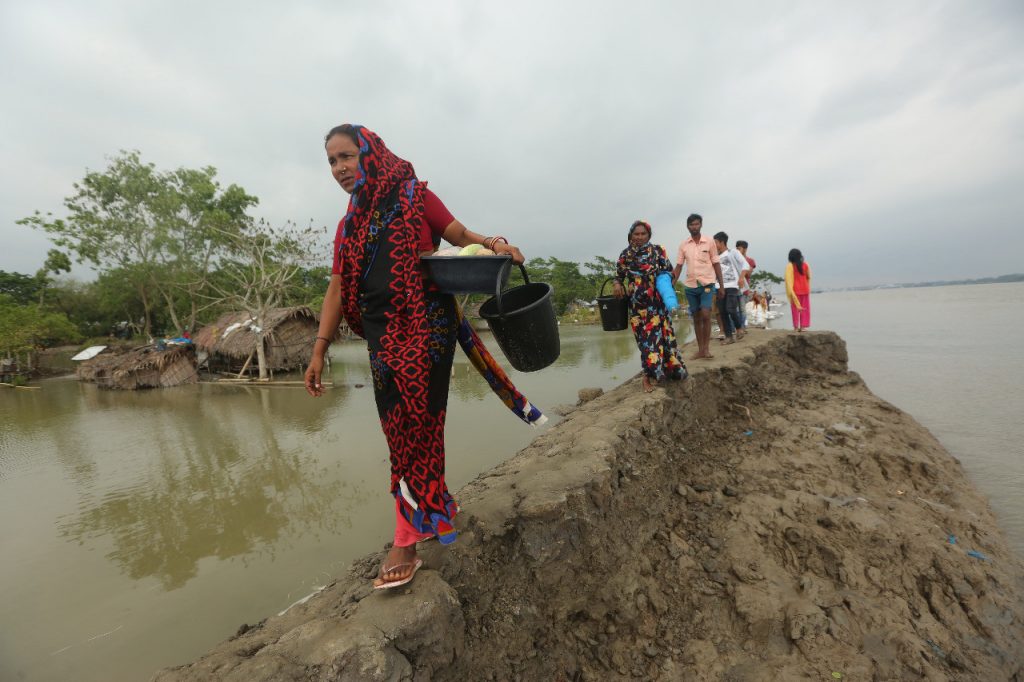Bangladesh to face massive exodus from rising seas: UN

![]()
News Desk
The UN Secretary-General warned Tuesday that global warming could force a mass exodus “on a biblical scale” in countries including Bangladesh as people flee low-lying communities and called for legal frameworks to be implemented in preparation, especially for refugees.
He also named China, India and the Netherlands as being the countries that are in danger, adding that “mega-cities on every continent will face serious impacts” — from Cairo to Jakarta to Los Angeles to Copenhagen.
Meanwhile, the World Meteorological Organization said that Dhaka, Mumbai, Shanghai, Bangkok, Jakarta, Maputo, Lagos, Cairo, London, Copenhagen, New York, Los Angeles, Buenos Aires, and Santiago are among the cities most threatened by rise in sea levels.
The report, titled “Global Sea-Level Rise and Implications”, was launched on Tuesday.
“The danger is especially acute for nearly 900 million people who live in coastal zones at low elevations — that’s one out of ten people on Earth,” Antonio Guterres told the UN Security Council.
“Low-lying communities and entire countries could disappear forever… We would witness a mass exodus of entire populations on a biblical scale,” he said.
It is not only small island states at risk as sea levels rise, he added.
The UN’s Intergovernmental Panel on Climate Change (IPCC) says sea levels rose by 15-25 centimeters between 1900 and 2018.
If the world warms by just two degrees Celsius compared to the pre-industrial era, then those levels will rise again by 43 centimeters by the year 2100.
But if it warms by three or four degrees Celsius, sea levels could rise by as much as 84 centimeters, the IPCC says.
The problem must be addressed “across legal and human rights frameworks,” Guterres warned.
According to UN estimates, the world could see a 2.4-2.6 degrees Celsius rise in temperatures by the end of this century.
Rising sea levels means shrinking land mass, he said, which could drive possible disputes over land and maritime space.
“The current legal regime must look to the future and address any gaps in existing frameworks,” including in international refugee law, he said.
It must also provide for the future of states that face losing their land territory completely.
Guterres said the Security Council has a “critical” role to play in addressing “the devastating security challenges arising from rising seas.”
The issue has been controversial in the past: in 2021, Russia vetoed a resolution linking climate change and global security, which was supported by the majority of the Council members.
Millions are at risk of being displaced and becoming “climate refugees” because of sea level rise, river erosion, cyclonic storms and salty water creeping inland, scientists say.
Bangladesh is expected to have about a third of South Asia’s internal climate refugees by 2050, according to a 2021 World Bank report.